Places. Artists. Love: A Brush With L.A.
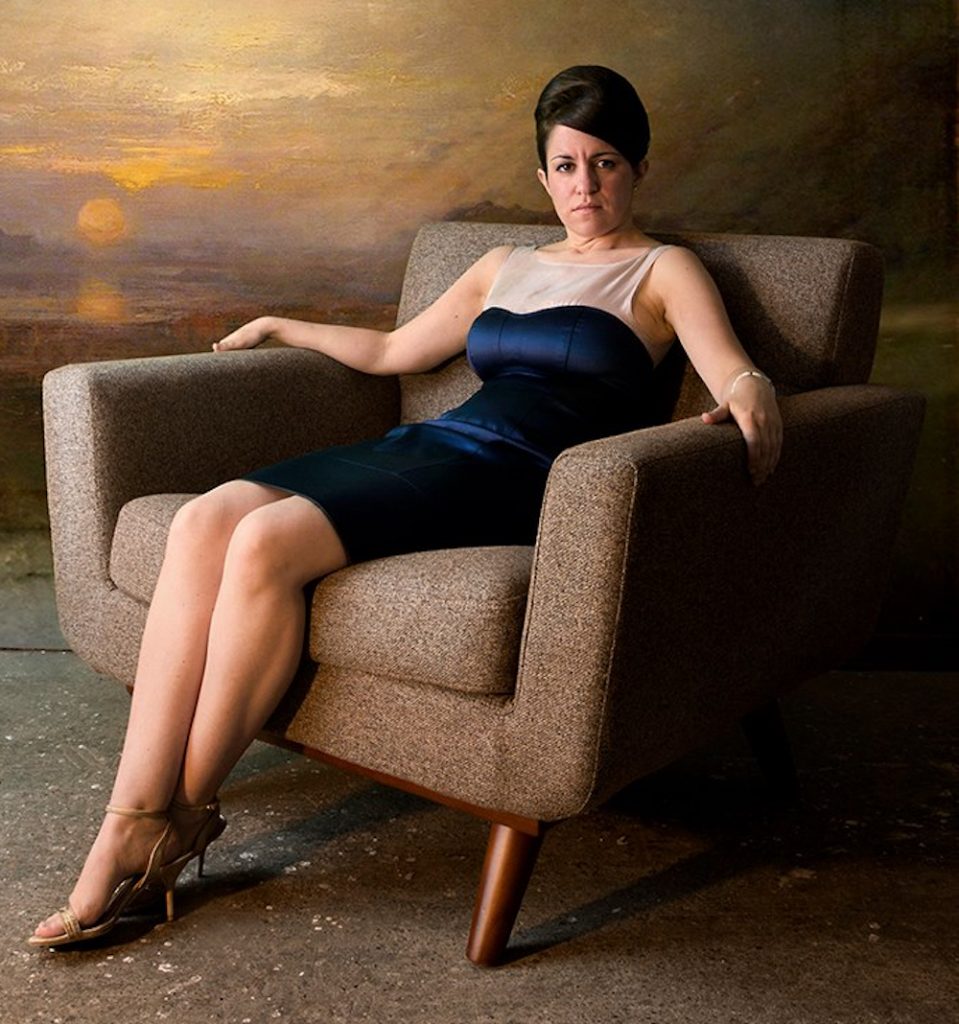
I’ve only ever been to Los Angeles twice. Once was a layover to a three-week adventure in Australia. The second time was at the invitation of a friend from high school and her husband. And like everything you’ve likely heard about when it comes to L.A., everything and everyone seems surreal, now. As if they existed, but in some parallel dimension that I was only witnessing from afar.
Still, my first foray into the city’s art world was a fruitful one. The Getty Museum felt like floating through the Met or the Louvre, with palm trees lining the windows looking out on the Hollywood Hills. I had been face-to-face with François Ghebaly, whose eponymous gallery was then fresh on Fairfax has been classed as establishment for some years, now. I first encountered the brilliant, elusive Italian painter Bruno Roccasalva at David Kordansky’s mammoth white cube – I’m still seeking him out to chat with, to no avail. Regen Projects had splayed out Daniel Richter’s leviathan canvases across an intimidating, cavernous space within walking distance from The Troubadour. I had never heard of Sterling Ruby before setting foot in Blum & Poe, and still recall those chrome-plated, angular structures commanding the floor.
But my most memorable run through The City of Angels was with a young woman whose name was a faint echo in the Miami arts community where I came from. Martha Otero had a space off Wilshire, where she displayed the cosmic, self-animated ink drawings of Lia Halloran. I was instantly seduced by the deep indigo tones against soft white walls. But it was Martha, herself, who fascinated me, most. She was buoyant, excitable and razor sharp in her appreciation for her artists. After my gallery visit, I was whisked away to her apartment. A luminous, fluffy ball of an Aussie Shepherd named Osa (meaning “bear”) sat patiently in a crate. We chatted briefly about writing, before she suggested heading to the Soho House in Hollywood. (Here we go again, I thought, another whirlwind at a Soho House, somewhere.) Upon arrival, we noticed Lionel Ritchie celebrating his birthday with his entourage. Anil Kapoor was sitting regally in his chair, just behind us. The waiter unceremoniously announced he was a screenwriter.
This is when the feeling hit me: everyone here is looking for that entrée into the film world, and nothing on God’s good earth could ever allow them to hide it or even play it down. The room seemed to float, with all the people inside suspended in this soupy fog of aspiration and disillusionment. City lights glittered through the expansive panes glass, but no one seemed to be looking outward. That feeling swallowed me, and made me forget, for a moment, why I came in the first place. I turned to Martha, signalling I was ready to leave, and that we’d reconvene another day. The following morning, I was granted a studio visit with James Jean. My purpose was recalibrated, again.
It saddened me, slightly, that the truly committed community of visual artists based in L.A. seemed to know what they were up against, they knew that they were in the shadow of the film studios and everyone in Hollywood’s orbit. If ever they were given an open door to a single producer, director or celebrity, they’d step through. But then again, wouldn’t anyone? Could they ever declare otherwise without a shred of guilt? I doubt it. What I knew for sure is that I liked what I saw, and I would suggest that L.A.‘s artists and independent gallery directors deserve more credit for what they do, not who they’re showing for. They’re not just looking for a spotlight: they’ve been ready for their closeup, Mr. DeMille.

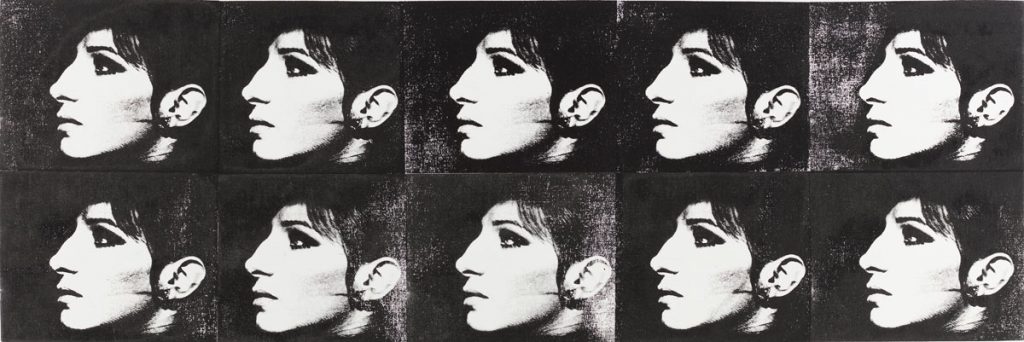
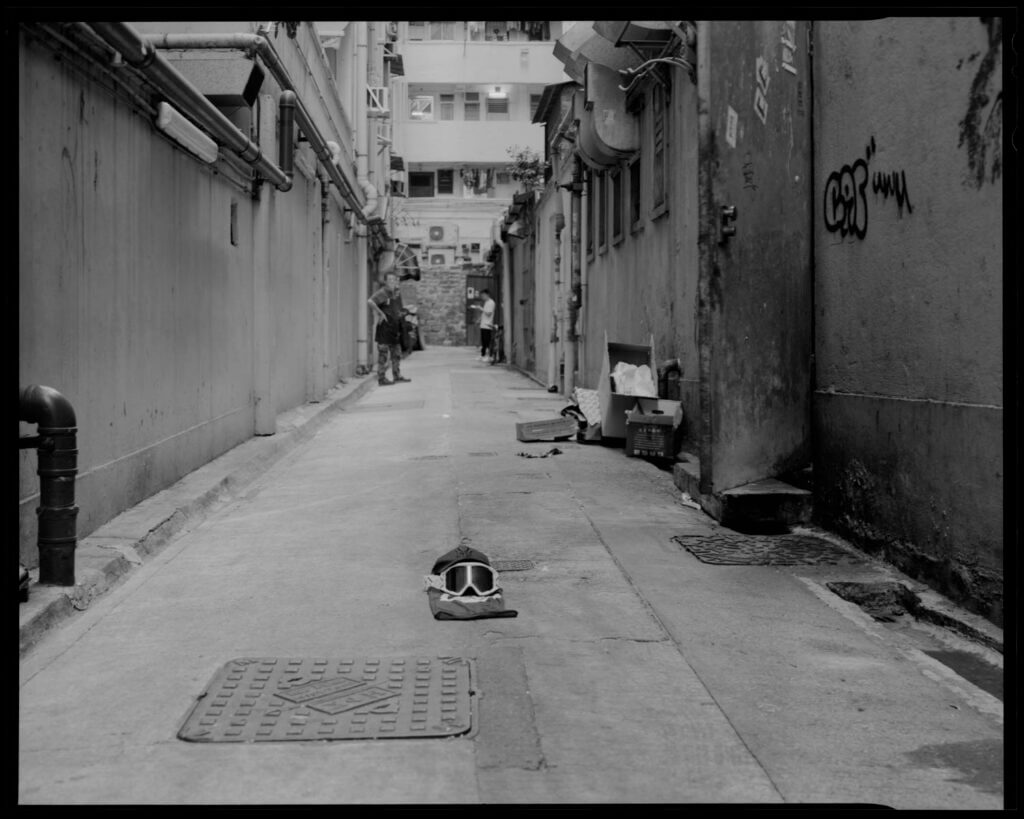
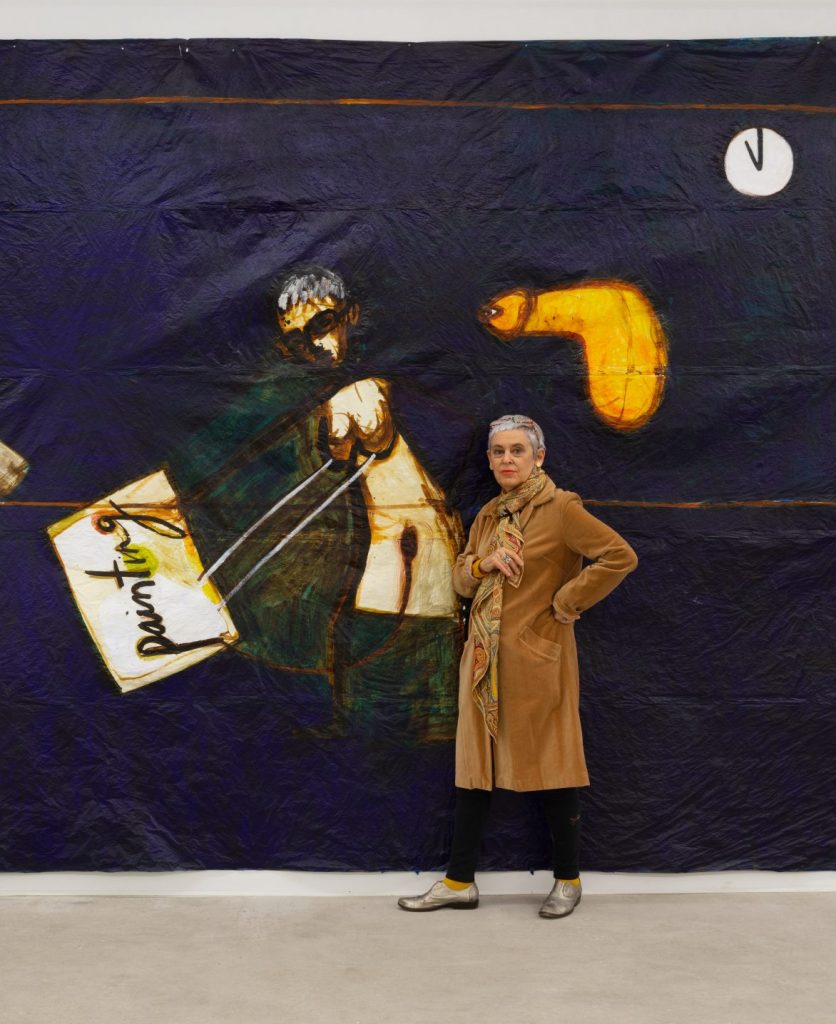
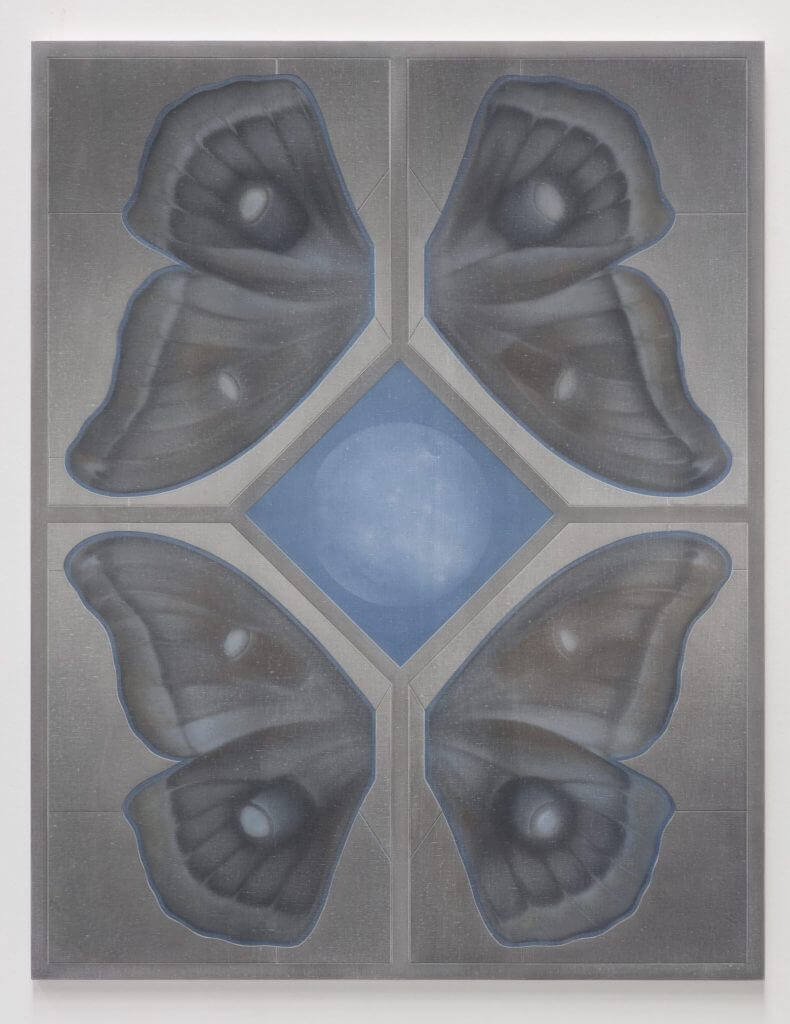
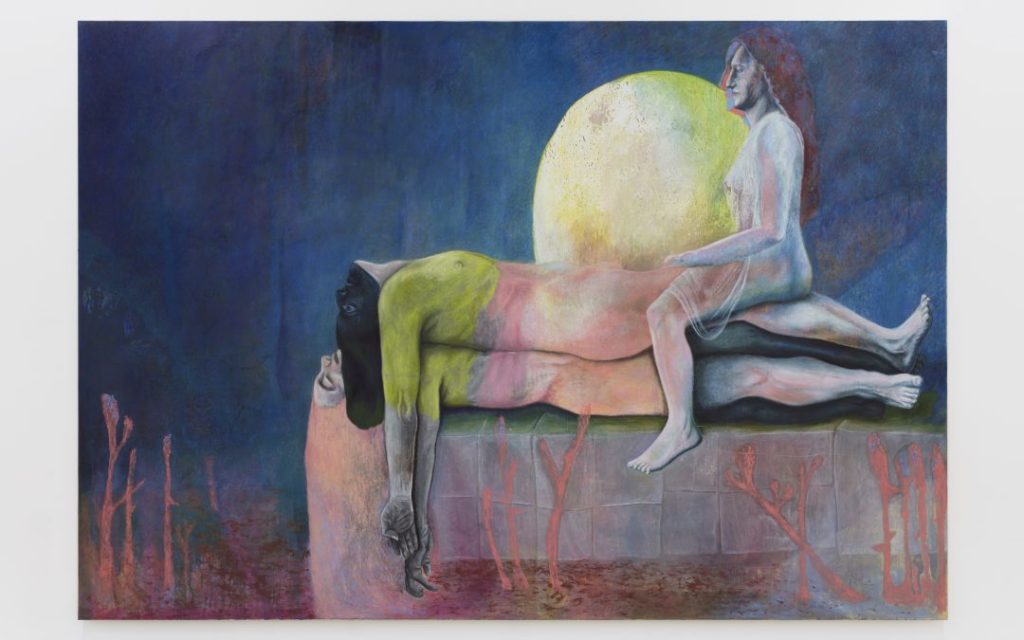
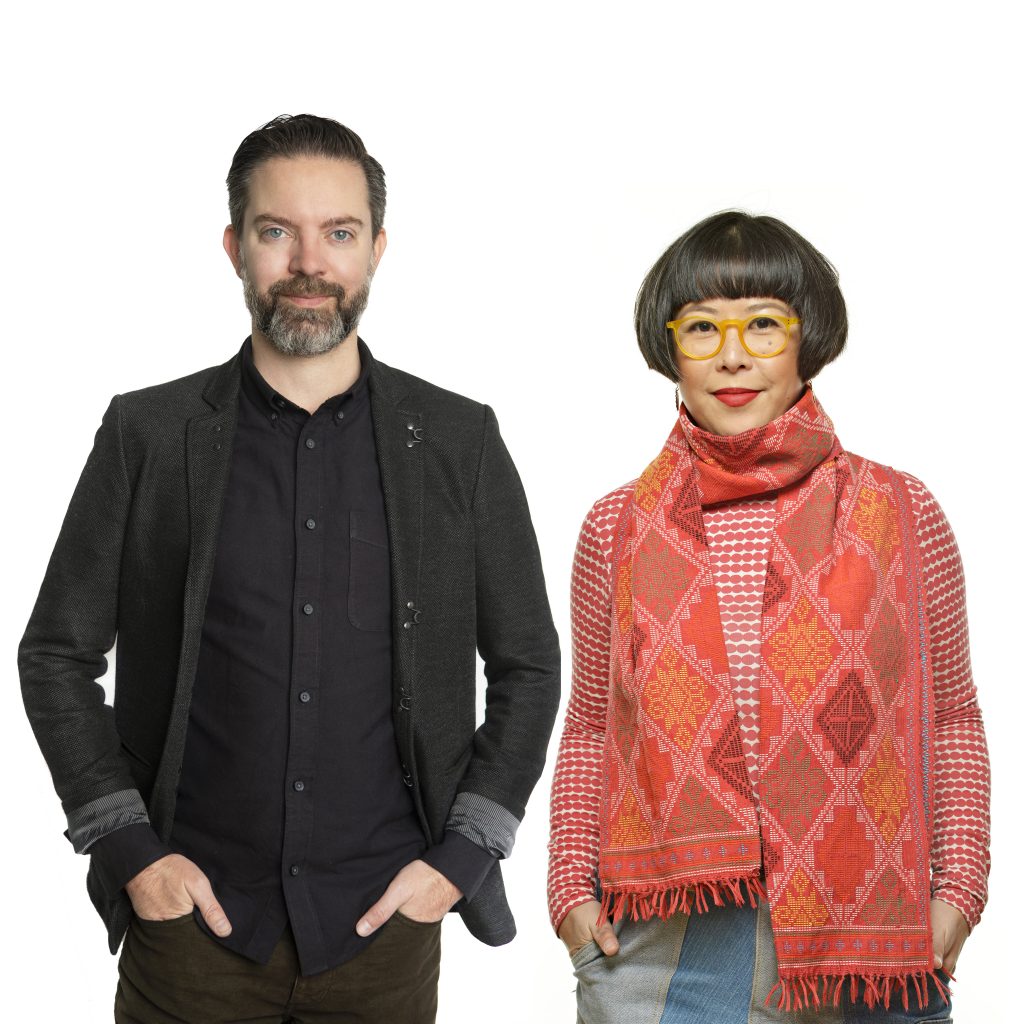
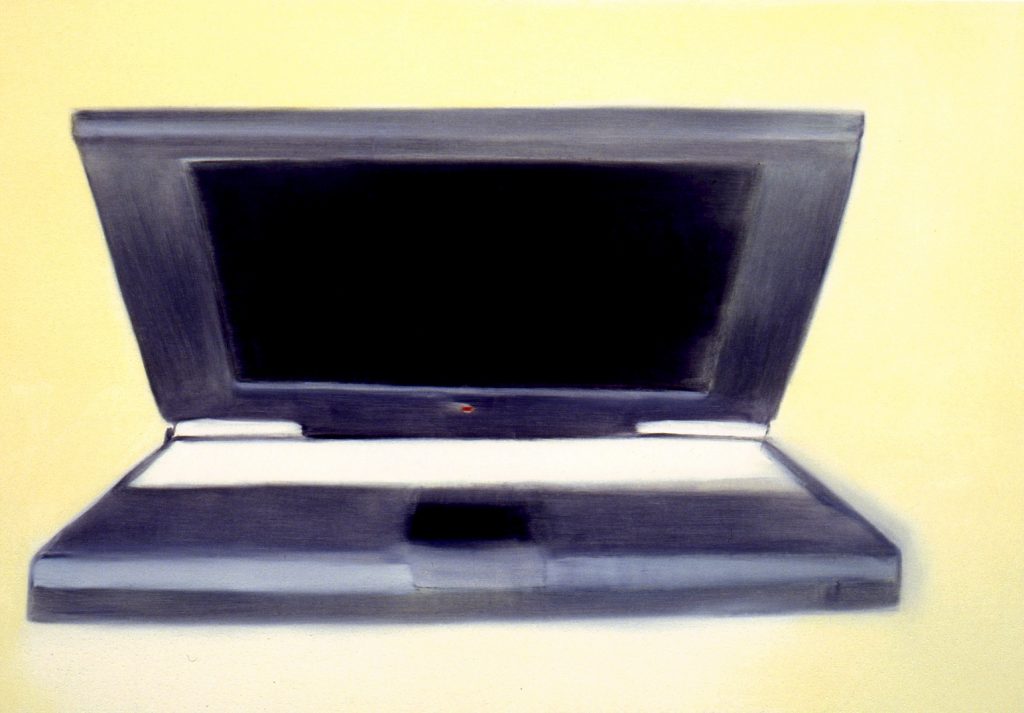
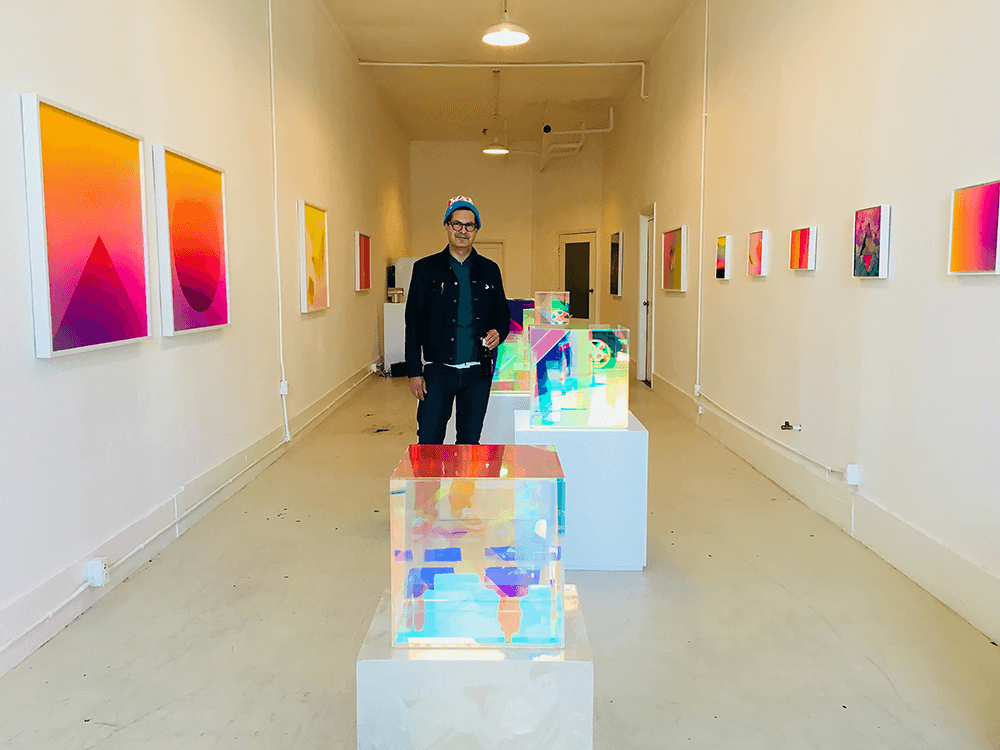
Responses